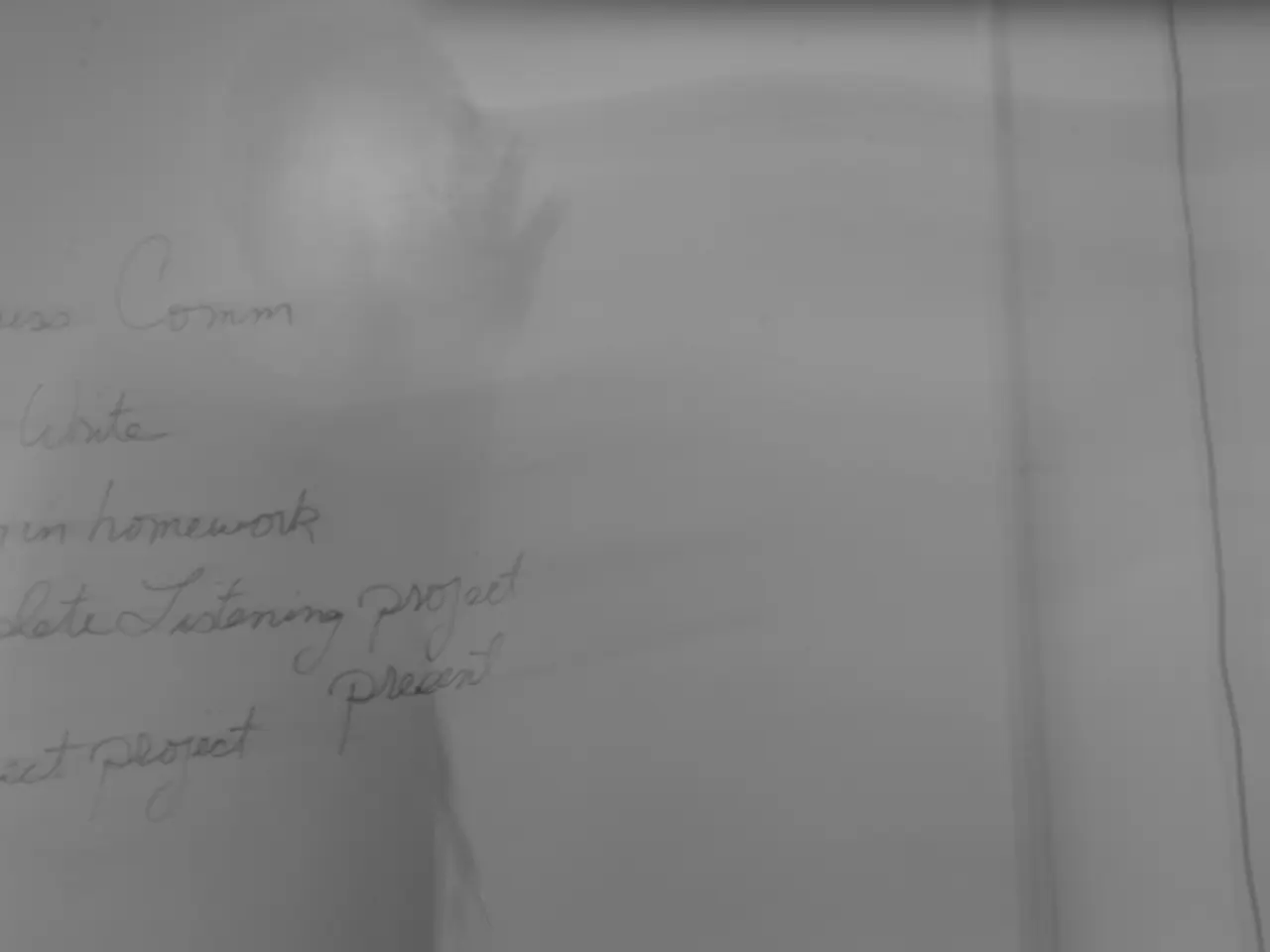Finances Uncovered: The Top 10 Spending Habits Trapping You in Poverty
In an economy where financial literacy plays a crucial role in economic outcomes, it's essential to understand the everyday money habits that can lead to financial struggles. Here are the top 10 habits, according to fundamental economic principles, that many individuals find themselves trapped in despite apparent steady income.
- Subscription Stacking – Paying for multiple subscription services that are rarely used can lead to unnoticed recurring expenses, draining finances.
- Living Beyond One’s Means – Spending more than income allows, such as renting expensive housing, frequent dining out, or buying costly gadgets on credit, can lead to financial instability.
- Failing to Budget – Not creating or following a budget leads to uncontrolled spending and an inability to prioritize essential expenses and savings.
- Using Credit Cards Irresponsibly – Carrying balances month-to-month results in high-interest debt accumulation and financial strain.
- Impulse Buying – Making unplanned purchases, especially big-ticket items, disrupts budgeting and savings goals.
- Ignoring Emergency Savings – Having little to no emergency fund makes coping with unexpected costs difficult, leading to debt or financial instability.
- Overdrafting Accounts Frequently – Incurring overdraft fees reflects poor cash flow management and increases financial burdens.
- Not Saving for Retirement or Long-Term Goals – Postponing contributions to retirement accounts or other savings stops money from growing through compound interest, weakening future financial resilience.
- Lifestyle Creep – Increasing spending habits with income reduces the ability to build wealth over time.
- Underestimating Inflation Impact and Economic Fluctuations – Failing to adjust spending and saving behaviors in response to inflation or recession reduces purchasing power and financial security.
These habits correspond directly with basic economic concepts such as opportunity cost, compound interest, budget constraints, and the effects of inflation on purchasing power. Continuously engaging in these behaviors keeps many individuals financially trapped and struggling.
Breaking free from these habits requires a focus on financial literacy, understanding the sunk cost fallacy, and the importance of building an emergency fund. Economic theory also highlights the importance of passive income through dividends, interest, rental income, royalties, or business ownership, providing financial resilience and flexibility.
Unfortunately, financial fragility keeps many trapped in poverty cycles, with roughly 40% of Americans struggling to cover an unexpected $400 expense without borrowing or selling something. It's crucial to break free from these habits to achieve financial stability and build a more secure future.
Read also:
- Deepwater Horizon Oil Spill: BP Faces Record-Breaking Settlement - Dubbed 'Largest Environmental Fine Ever Imposed'
- Lawsuit of Phenomenal Magnitude: FIFA under threat due to Diarra's verdict, accused of player injustice
- Economic Recovery Through Real Estate Renewal
- British pension trust seeks minister's support for review of fiduciary obligations




